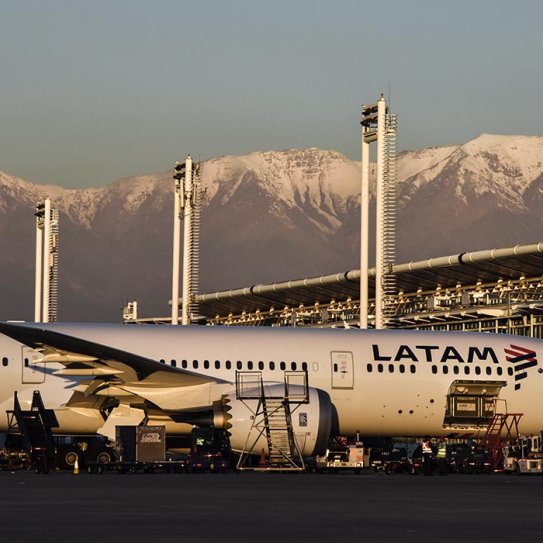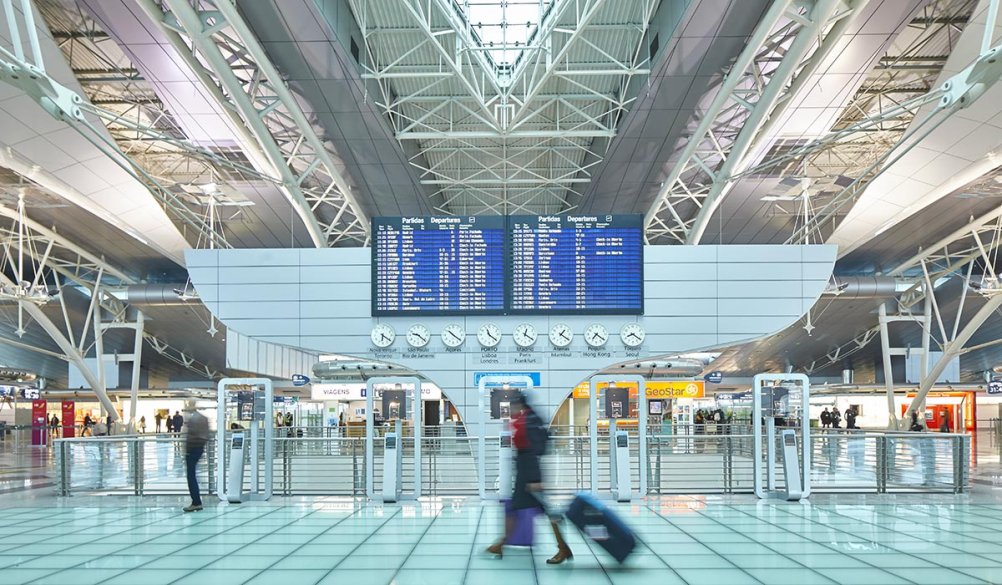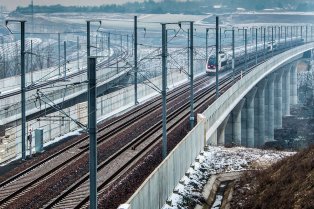Developing and operating airport hubs
VINCI Airports (VINCI Concessions), the world's leading private operator in the sector, manages over 70 airports in 14 countries. Harnessing its expertise as a global integrator, VINCI Airports finances, develops, builds and manages airports, leveraging its investment capacity and know-how in optimising operational performance, modernising infrastructure and steering their environmental transition.

Global airport operator
Design and project management, air connectivity, non-aeronautical activities, and passenger services are the four cornerstones of VINCI Airports' business model. As part of its concession contracts, VINCI Airports implements investment programmes to optimise airport performance. Work to upgrade facilities, ramp up capacity and improve service quality is consistently accompanied by initiatives to reduce the environmental footprint of its airports.

On the road to decarbonisation
With urgent action required to combat climate change and its impacts, decarbonisation is a major challenge for the aviation sector. VINCI Airports, the first airport operator to adopt an international environmental strategy in 2016, has set itself the target of reaching "net zero emissions" in its activity scope (Scopes 1 and 2) by 2030 for its airports in the European Union and at London Gatwick, and by 2050 for the rest of the world.
VINCI Airports had already decreased by 53% its direct footprint in 2024 compared to 2018, especially by carrying out energy renovations at its airports and deploying solar power plants at their sites.
VINCI Airports is also supporting airlines with their own decarbonisation efforts through an eco-modulation scheme for landing fees according to aircraft emissions and by distributing sustainable aviation fuel (SAF) produced from used cooking oil, which is already available at four airports in France.
At Lyon-Saint Exupéry and its three Japanese airports (Kansai International, Osaka Itami and Kobe), VINCI Airports is also trialling the use of carbon-free hydrogen gas to power bus services and forklift trucks for cargo operations. In the longer term, VINCI Airports has partnered with Airbus and Air Liquide to study the development of the infrastructure that will be needed to supply future aircraft running on liquid hydrogen.


